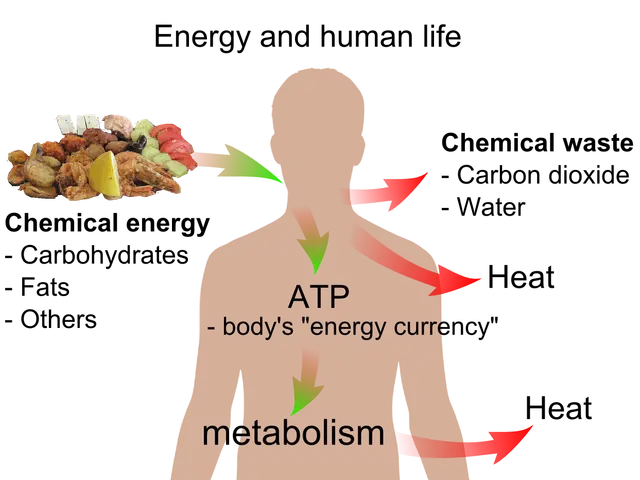How Intermittent Fasting Reshapes Health Without Harming Mental Sharpness
Scientists have discovered that intermittent fasting, a practice involving regular periods without food, has several benefits for the human body. While it aids in weight loss by reducing daily calorie intake, it also improves insulin sensitivity and reduces inflammation. A recent meta-analysis by David Moreau and colleagues at the University of Auckland has shed light on its effects on mental performance.
The human body has adapted to fasting intervals by burning fat as an energy source, switching from glycogen, the primary stored form of glucose. This adaptation helps maintain energy levels during fasting periods. A study involving over 3,400 individuals found that short-term fasting does not enhance or impair mental performance. In fact, our cognitive systems can function well without constant refueling, as humans evolved with periods of food scarcity.
To practice intermittent fasting, it's recommended to start slowly. Consume nutrient-dense foods, engage in regular exercise, and ensure adequate sleep. However, it's important to note that children and adolescents may be more vulnerable to the effects of fasting on mental health. The duration of fasting, the context of the cognitive test, and individual characteristics can all influence mental acuity during fasting.
Intermittent fasting offers several health benefits, including weight loss and improved insulin sensitivity. It does not appear to negatively impact mental health in healthy adults, according to a major systematic review and meta-analysis published in November 2025 by David Moreau and colleagues at the University of Auckland. However, individual responses may vary, and more research is needed to fully understand its effects on different age groups and under various conditions.







